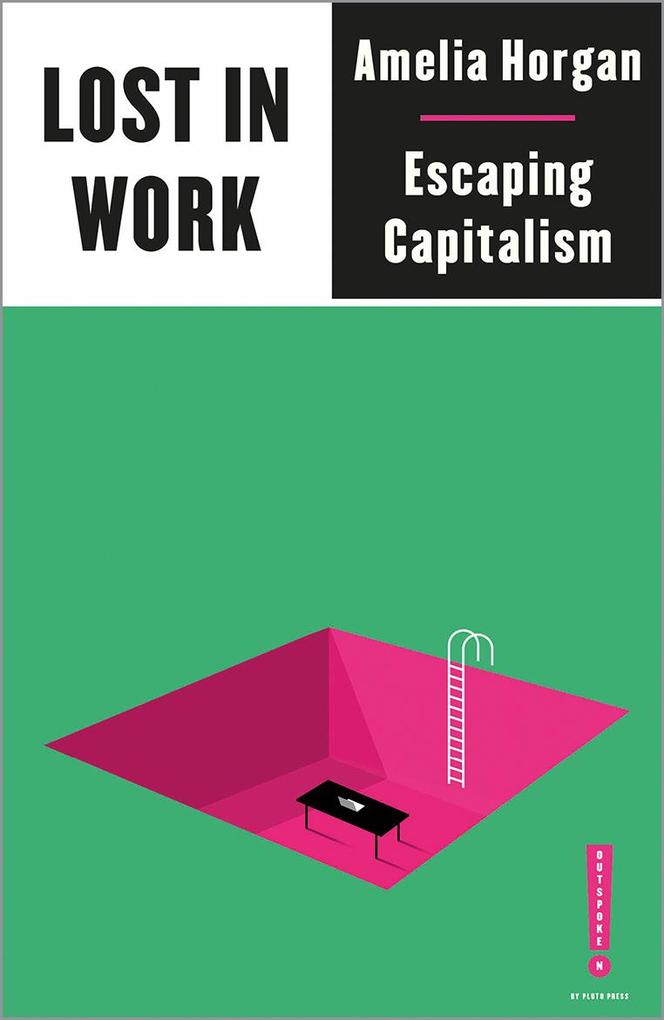
Zustellung: Sa, 18.01. - Do, 23.01.25
Versand in 3 Wochen
VersandkostenfreiBestellen & in Filiale abholen:
How our jobs stole our lives and what we can do about it
Work hard, get paid.' It's simple. Self-evident. But it's also a lie-at least for most of us. For people today, the old assumptions are crumbling; hard work in school no longer guarantees a secure, well-paying job in the future. Far from equating to riches and fulfilment, 'work' means precarity, anxiety and alienation. Amelia Horgan poses three big questions: what is work? How does it harm us? And what can we do about it? Along the way, she explores the many facets of work under capitalism: its encroachment on our personal lives; the growth of temporary and zero-hours contracts; burnout; and how different jobs reinforce existing hierarchies of race and of gender. While automating work away is not the answer, Lost in Work shows that when we are able to take control of our workplaces, we become less miserable, and in some cases, are even able to fight back against our bosses.
Inhaltsverzeichnis
Acknowledgements
Introduction: Work's fantasy
1. Work, capitalism and capitalist work
2. Contesting 'work'
3. The paradox of new work
4. What does work do to us as individuals?
5. Jobification nation: When play is serious business
6. What does work do to society?
7. Phantoms and slackers: Resistance at work
8. Getting together: Organised labour and the workers' dream
9. Time off: Resistance to work
Conclusion: Getting to work
Introduction: Work's fantasy
1. Work, capitalism and capitalist work
2. Contesting 'work'
3. The paradox of new work
4. What does work do to us as individuals?
5. Jobification nation: When play is serious business
6. What does work do to society?
7. Phantoms and slackers: Resistance at work
8. Getting together: Organised labour and the workers' dream
9. Time off: Resistance to work
Conclusion: Getting to work
Mehr aus dieser Reihe
Produktdetails
Erscheinungsdatum
20. Juni 2021
Sprache
englisch
Seitenanzahl
VII
Reihe
Outspoken by Pluto
Autor/Autorin
Amelia Horgan
Verlag/Hersteller
Produktart
kartoniert
Gewicht
160 g
Größe (L/B/H)
197/131/17 mm
Sonstiges
Paperback
ISBN
9780745340913
Entdecken Sie mehr
Bewertungen
0 Bewertungen
Es wurden noch keine Bewertungen abgegeben. Schreiben Sie die erste Bewertung zu "Lost in Work" und helfen Sie damit anderen bei der Kaufentscheidung.
















